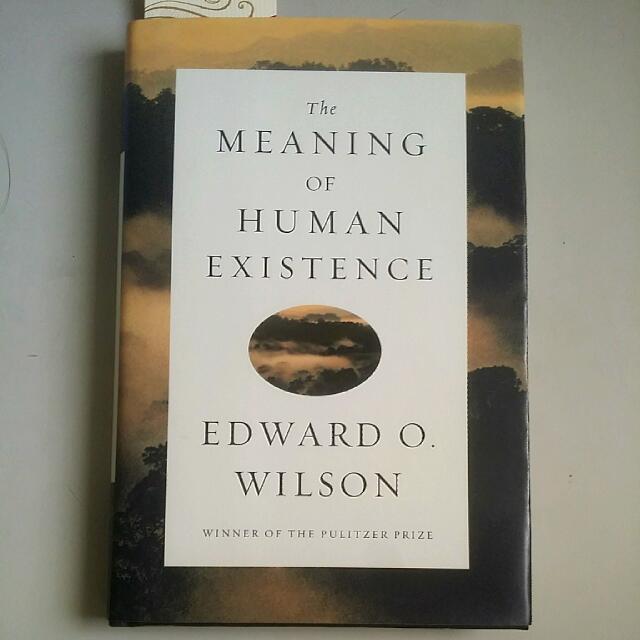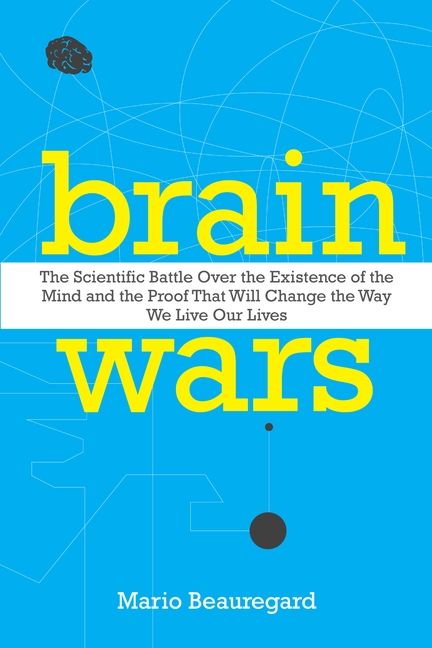Dear followers, I do apologize for having gone missing in action on you over the past little while. Other priorities required more attention than this blog, so I hope that you found others ways to entertain yourself in the meantime. I hope that I will have the discipline and a bit more time to dedicate to the blog. As an apology to you all, allow to present to you this quick entry, simply listing some of the latest books I devoured, in no particular order (well actually, in the order that they’re currently stacked on the table in front of me…). Please accept them as a sort of bouquet. I am simply listing them here, to keep the entry short and sweet, but please don’t hesitate to comment or inquire about any of them, and I will be happy to discuss at length…
Project Conversion: One Man, 12 Faiths, One Year. Andrew Bowen

I was quite curious about this book. In short, a very intense man decides to detox himself from his hatred of God and religion by living 12 faiths, for 1 month each, during one year. He was not trying to find “the truth”, simply to better understand the believers of every one of these 12 systems of belief. His journey was therefore sincere and very personal. Of course, no one well read in any religion will think that any of the major world religions can actually be well understood or fully experienced in a month, and this is to me the biggest flaw in his project. The subjective character of his journey and his seemingly random choosing of “mentors” meant to me that he often reduced many of the elements of each faith to very simple tenets, without any nuance or even much depth, and often giving me the impression that his writing was simply to sell a good book that people would want to buy… I would only recommend this if you’re curious about one man’s very personal and quick journey through 12 systems of belief.
A Universe From Nothing: Why There is Something Rather Than Nothing. Lawrence Krauss

Long story short, if your notion of nothing is literally nothing, than don’t waste too much time on this, as the title is only a marketing tool to sell. How the author (like numerous other physicists before and after him) defines “nothing” is as far from nothing as one would expect. If you’re interested in what some current physicist mean by nothing, to make everything work in a materialist world, it’s a good place to get acquainted with the idea of the quantum fluctuation…
Religious Foundations of Western Civilization: Judaism, Christianity, Islam. Edited by Jacob Neusner

This book is simply a compilation of a number of essays/chapters on the topic, and I would only recommend it for more academic investigation. It tries to present the facts, objectively and descriptively, about specific moments in history that shaped the Western world through the role played by the three monotheistic faiths, by concentrating on philosophy, mysticism and politics.
Aping Manking: Neuromania, Darwinitis and the Misrepresentation of Humanity. Raymond Tallis

This is a long read. If you have the intellectual patience and stamina to follow the author in his very detailed descriptions and colorful rants, I recommend this book, which is in reality 2 books in one. While he concentrates in the first half on the difference between the mind and brain activity, he dedicated the second half with the issues he sees in relying on the theory of evolution to explain human behaviour. The author is an accomplished doctor and professor who has written a lot on various philosophical themes since his retirement. I recommend him in general, and in this book in particular, for those of you with a more intellectual leaning.
On Human Nature. Roger Scruton

This is an essay on what makes human beings unique and different from the rest of world. While the majority of the arguments are the same old, the presentation is concise and to the point, and well put together. The last part of the book, where links are made to human sexual behavior, with more emphasis on rape for instance, gets a little tricky, but the rest of the book reads well.
Who Made God? Searching For A Theory of Everything. Edgar Andrews

This is a book written by a distinguished scientist on the existence of God, and in response to what is often called new atheism. The main arguments, structure and logic of the book are generally good. The problems with this book is that it seems to be written for people who are not interested in substantiating any claims with too many references, which is a shame, because the other does seem to know the field well. He could for instance have made a bit more effort in explaining where an author makes a claim and then answer it, instead of just mentioning their name — if even that. Beyond the general lack of references, while many of his rational arguments are valid, he always makes a jump from rational arguments to christian beliefs, without making any argument for their validity. One may be left wondering who the book is really intended for? And the answer: Obviously Christians who are already believers, but who would simply benefit from a bit more power to argue against some of the atheist and materialist claims that they hear today… This should be enough to help you decide whether to read the book for yourself.
One Plus One Equals One: Symbiosis and the Evolution of Complex Life. John Archibald
This is a very well written book by a scientist explaining that evolution is more based on something that we may not be seeing directly: symbiotic relations. Our cells for instance became what they are today because nature was able to amalgamate them to mitochondria, which were once distinct bacteria. In the plant world, the parallel to this is how plant cells made us of chloroplasts. Agree or disagree, it it is worth reading to understand the symbiotic angle of evolutionary theory.
We Have No Idea: A Guide to the Unknown Universe. Jorge Cham & Daniel Whiteson

This very easy to read book makes things very clear: there is a whole lot that we simply have no clue about when it comes to the natural world, and more specifically physics. The authors have divided the book into 17 chapters, each presenting what we know and, more importantly, what we don’t know, about one question. Examples of questions are What Is the Universe Made Of? Are We Alone in the Universe? What is Gravity? and What Happened During the Big Bang?
Extraordinary Knowing: Science, Skepticism, and the Inexplicable Powers of the Human Mind. Elizabeth Lloyd Mayer

This book is the account of a psychoanalyst as she researched — for 14 years — the complex and mysterious world of the mind following a simple personal experience. I found the book very well researched, and its tone very objective and academic. She will take you along with her as she explores how science becomes science, what is the subconscious, how the medical field deals with the inexplicable gut feelings, telephathy and remote viewing… I recommend this book to anyone looking for a more scientific presentation of these topics.
The Meaning of Human Existence: Edward O. Wilson

In this book, Wilson tries to show the importance of both natural sciences and the humanities to fully understand the special position of human beings. Of course, since this is done by relying only on materialist premises, which makes the entire mission contradictory and nonsensical to me, but the work is worth a read, as the author is well known and a good writer, so for those interested in these questions, you should at least be acquainted with his ideas, which he attempts to synthesize here into one system.
Human by Design: From Evolution by Chance to Transformation by Choice. Gregg Braden

I found the first half of this book much more relevant and well thought-out than the second half, where I felt that it lacked cohesiveness and got a little confused and even lacking substance, or at least, too many pages filled to say too little…
Brain Wards: The Scientific Battle Over the Existence of the Mind and the Proof That Will Change the Way We Live Our Lives. Mario Beauregard (ed.)

Amazing book, regrouping some of the greatest yet unexplained phenomena of mind activity in one place, including the placebo effect, hypnosis, near-death and out-of-body experience, the power of meditation, neurofeedback and neuroplasticity, and remote viewing… you will not regret reading this one.
Logic of Chance: The Nature and Origin of Biological Evolution. Eugen Koonin

Great read, as the author impressively synthesizes a number of fields into a coherent and original scientific presentation. I recommend it for anyone interested in seriously studying the theory of evolution and abiogenesis more specifically.